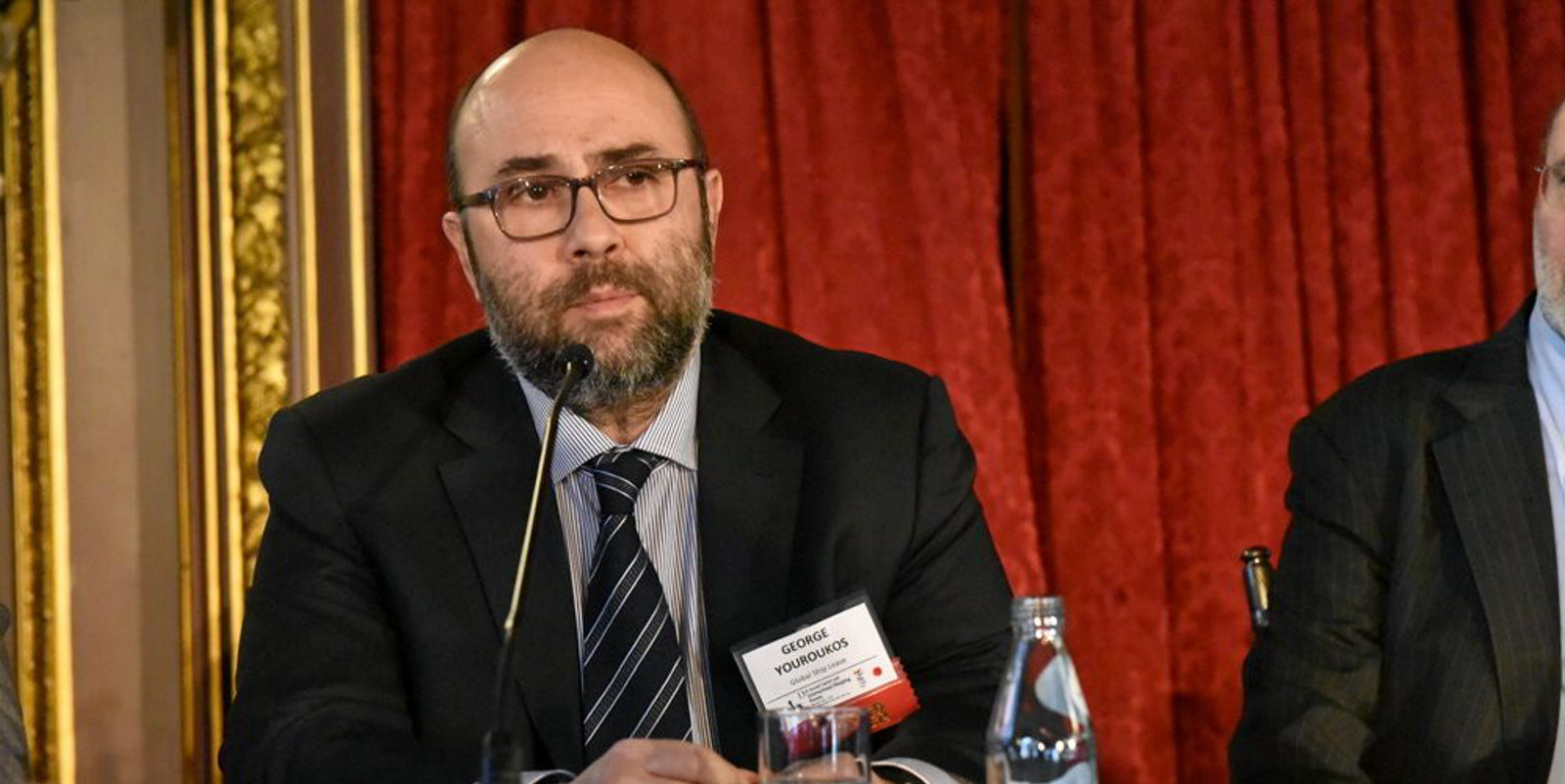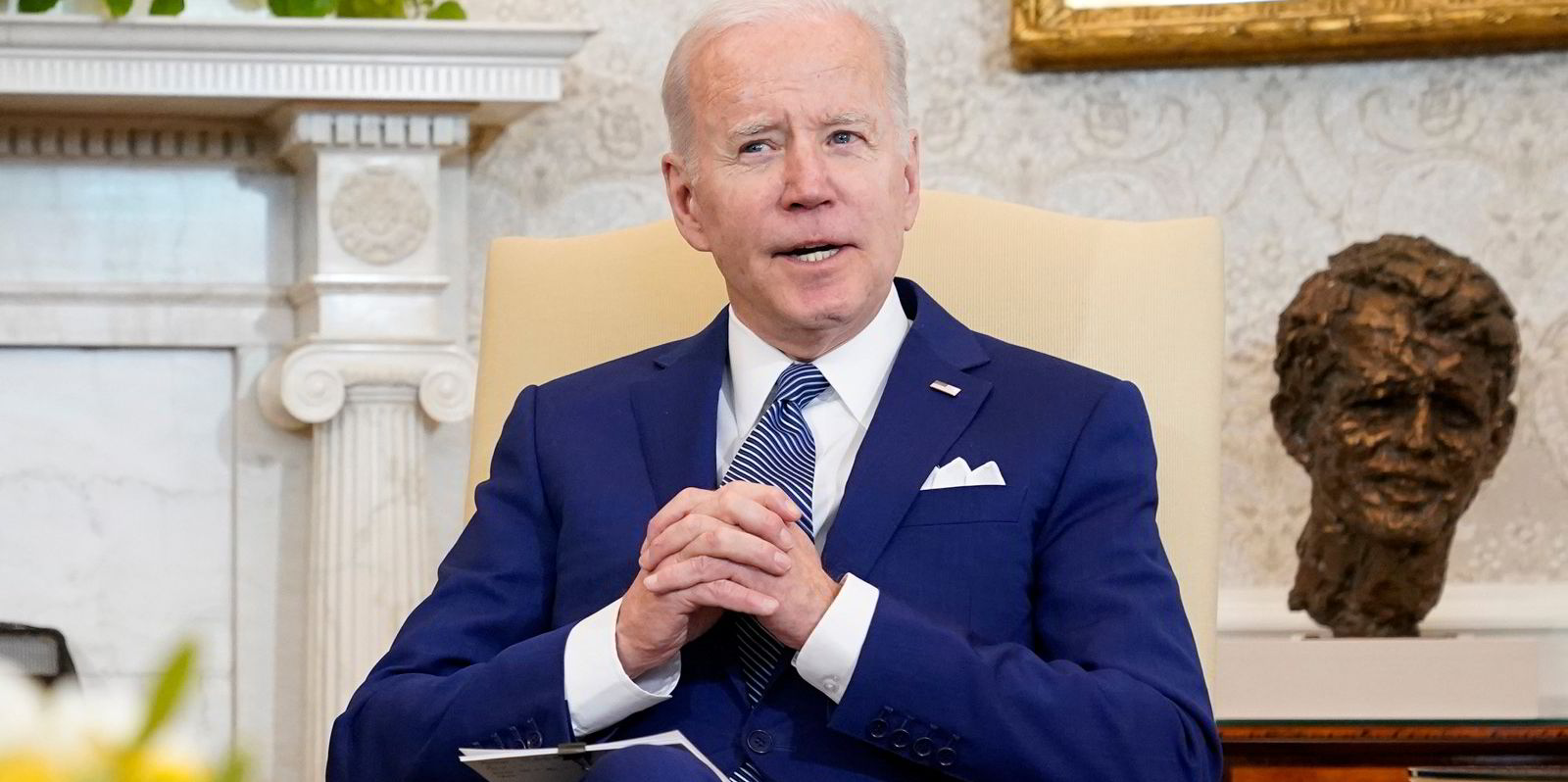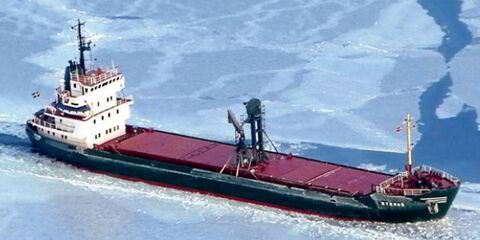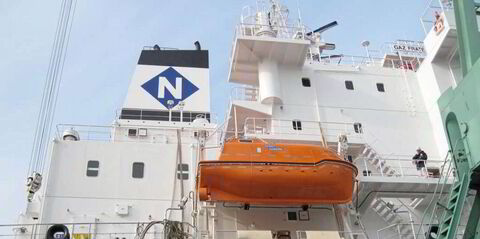Secondhand bulkers have been flying off the shelf in March, despite the war in Ukraine causing unprecedented uncertainty, from politics to energy markets.
The dealmaking is showing a hunger to snap up vessels across the dry bulk sector.
“What we are seeing in [sale-and-purchase] activity is a broad range of transactions across all sizes, a plethora of sales candidates and an ample appetite on the buying side,” analysts at Athens-based Doric Shipbrokers said in its most recent weekly report.
Most transactions do not seem to be motivated by any desire on the part of sellers to lower their exposure to shipping amid the upheaval.
Proceeds from the sale of older ships are, rather, reinvested in fleet renewal or expansion.
In the most characteristic example, low-profile Almi Marine Management is said to have sold one of its oldest vessels while ordering a pair of ultramaxes in China.
Ship management sources said the Greek company has agreed to divest the 57,300-dwt Karimu (built 2010) for about $19m, with forward delivery in July.
At least some of that liquidity is expected to help fund the construction of two 64,000-dwt ships at Dalian Cosco KHI Ship Engineering (Dacks).
According to the sources, Almi and Dacks are close to clinching a shipbuilding contract for the units, due for delivery in the first half of 2024.
Talks between the two sides are believed to have started more than three months ago and the Ukraine war has not dampened them.
“To the contrary, I’d say it gave them an extra nudge forward,” said one source familiar with the matter.
The thinking goes that potential sanctions against Russian oil would concentrate minds towards mature and readily available carbon-reduction technologies, increasing demand for conventionally fuelled, high-spec ships.
The ships that Christos Hadjigeorgiou-led Almi is about to order would comply with phase 3 of the International Maritime Organization’s Energy Efficiency Design Index for newbuildings.
Erasmus asset play
In another deal, ship management sources tied Greece’s Erasmus Shipinvest to a sale of the 32,200-dwt handysize ES Mercury (built 2008), which went to undisclosed buyers for between $15.3m and $15.5m.
Erasmus acquired the ship for about $8m at the end of 2019, when the coronavirus outbreak began.
The asset play amply compensates Erasmus for the increased crewing costs it incurred by employing the vessel throughout the pandemic.
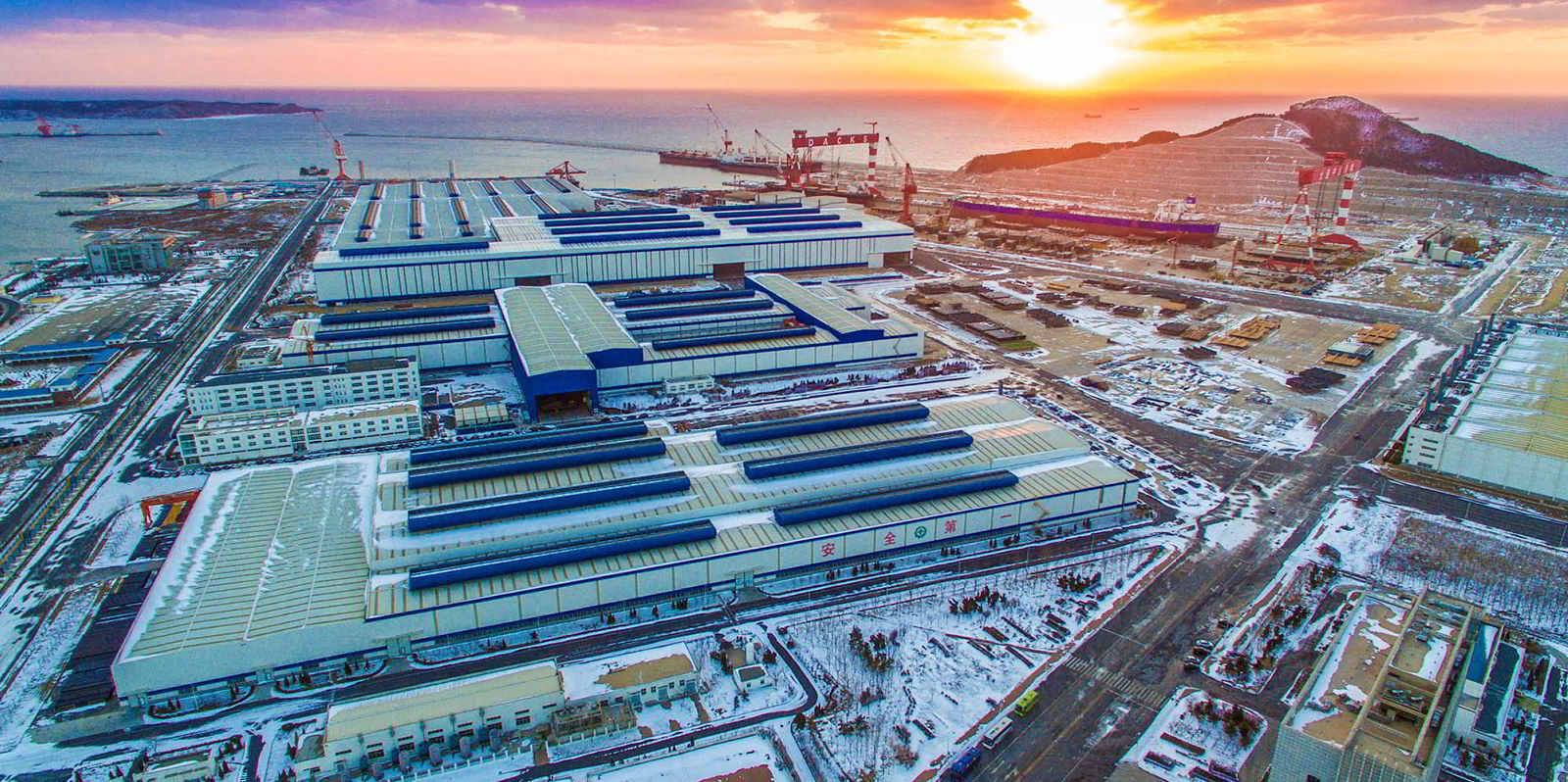
At the same time, Erasmus can reinvest proceeds from successful asset plays to expand into new markets, such as gas carriers, as TradeWinds recently reported.
The ES Mercury has just come off a long-term period time charter with one of Erasmus’ major commodity trader customers, at charter rates far below the ones prevailing today.
On current earnings, the ES Mercury can earn its new owners $25,000 to $30,000 per day on charters lasting between six months and a year.
Deal with good tidings
Managers at Paris Xanalatos-led Tide Line confirmed that his company has just about agreed to sell a Japanese-built handysize, the 28,400-dwt Anemos (built 2006).
The managers declined to comment on the price, which brokers put at about $11m.
The buyers of the Anemos are understood to be a group of US-backed Greek investors who acquired a similar vessel last year. The 28,300-dwt Glorious Sawara (built 2009) has since been renamed Lardos.
Tide Line appears to have used some of the liquidity released through the Anemos deal for fleet renewal purposes as well.
Shipping sources in Athens said the company is due to take delivery soon of a vessel it purchased earlier this year — a large handysize bulker built in 2012 at Japan’s Naikai Setoda shipyard.
Another Greek shipowner, George Youroukos, has been flexing his asset play skills as well, with the sale of the 56,900-dwt supramax Antero (built 2011). Bangladeshi interests have picked it up for $17.1m, brokers said.
Youroukos’ Technomar acquired the Chinese-built ship at the bottom of the 2016 bulker market trough for $6.8m.
Finally, low-profile Hellenic Star Shipping reportedly sold a 20-year-old panamax bulker, the 76,000-dwt Sea Melody I (built 2002), to Chinese buyers for $13.4m.
The Sea Melody I is the oldest of the company’s four vessels, and Hellenic Star has been trading it for more than eight years.
Managers did not respond to a request for comment.
Read more
- Spotlight falls on Sovcomflot charters after Shell’s Russia pull-out
- Greece’s Maran Dry evacuates seafarers caught in Ukraine horror
- New Shipping scraps aframax in robust demolition market
- Class puts Russian business on review amid growing sanctions pressures
- Russian aframaxes likely to be limited to lifting domestic crude only
